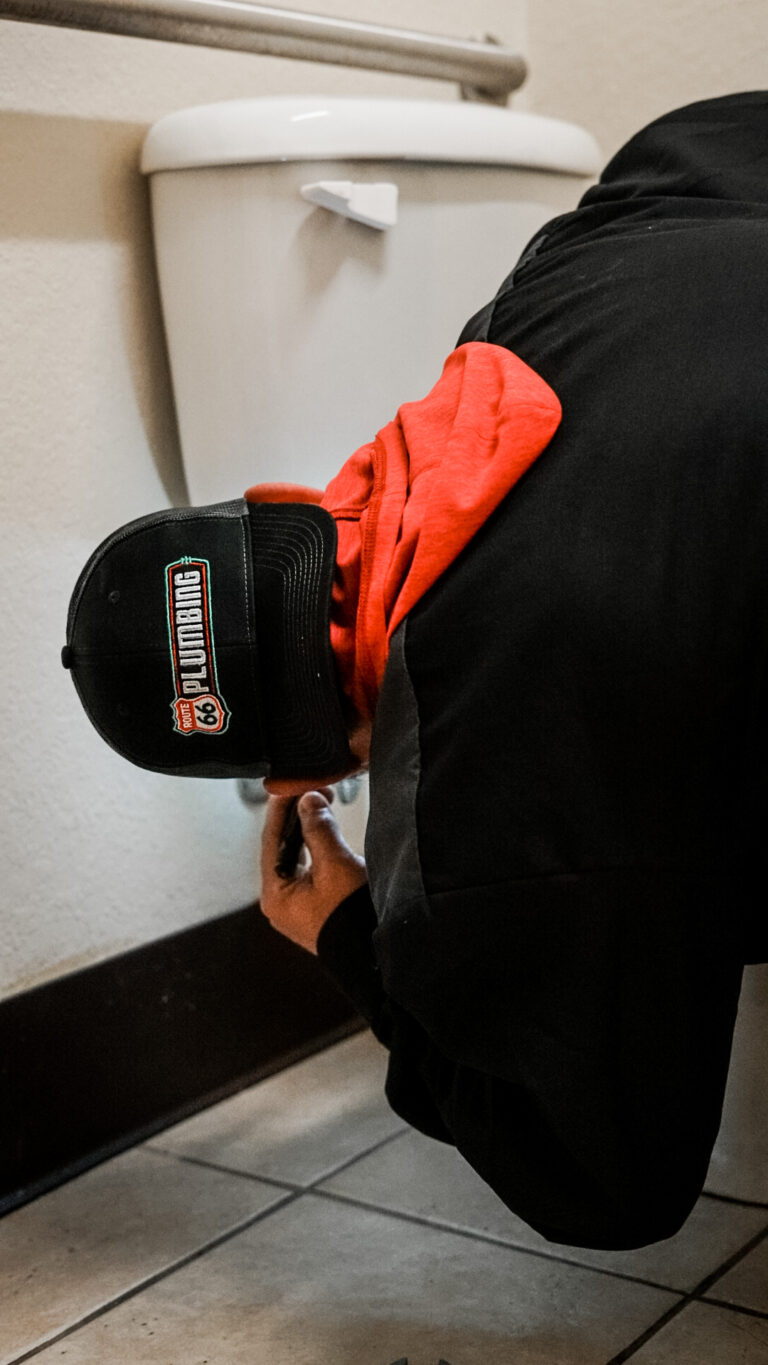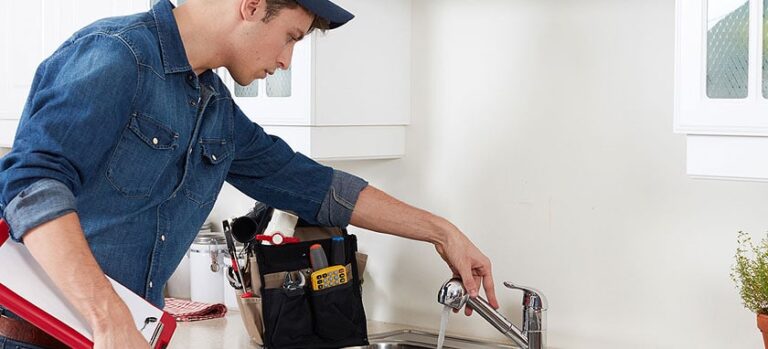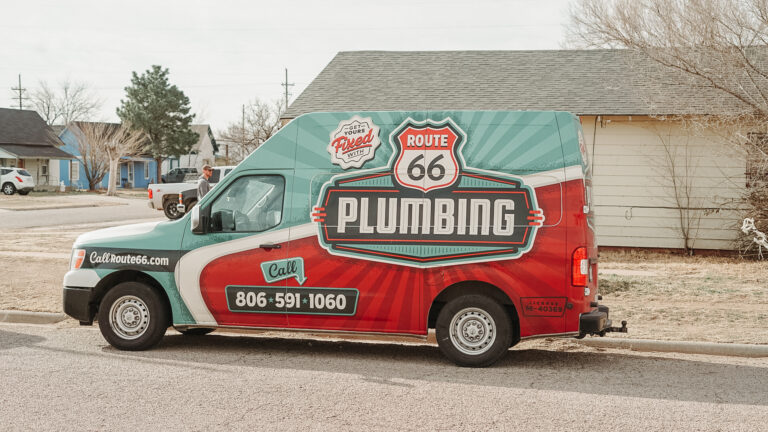The Impact of Hard Water on Your Plumbing System
Hard water is a common issue that many homeowners face, yet its effects on plumbing systems are often underestimated. Understanding what hard water is, how it affects your plumbing, and what you can do to mitigate these effects is crucial for maintaining a healthy and efficient plumbing system. Learn the impact of hard water on your plumbing system and provide practical solutions to address this problem.
What is Hard Water?
Hard water is water that contains high levels of dissolved minerals, primarily calcium and magnesium. These minerals are picked up as water passes through mineral-rich soil and rocks. While hard water is not harmful to health, it can cause significant problems for your plumbing system and household appliances.
Signs of Hard Water
Before diving into the impact of hard water on plumbing, it’s essential to recognize the signs of hard water in your home. These include:
Soap Scum and Scale Build-Up: Residue on dishes, faucets, and showerheads.
Stiff and Dull Laundry: Clothes that feel rough and lose their color.
Spotty Dishes and Glassware: Spots and streaks on dishes and glasses after washing.
Dry Skin and Hair: Soap and shampoo don’t lather well, leaving skin and hair dry.
Reduced Water Pressure: Scale build-up inside pipes causing lower water flow.
How Hard Water Affects Your Plumbing System
Pipe Clogging and Scale Build-Up
One of the most significant impacts of hard water on your plumbing system is the build-up of scale inside your pipes. Over time, the minerals in hard water adhere to the inner surfaces of pipes, forming a hard, chalky deposit known as scale. This build-up can lead to several problems:
- Reduced Water Flow: Scale narrows the diameter of your pipes, reducing water flow and pressure. This can lead to slow-running taps and showers.
- Clogged Pipes: In severe cases, the build-up can become so extensive that it completely blocks the pipes, requiring costly repairs or replacements.
- Increased Wear and Tear: The abrasive nature of the scale can cause increased wear and tear on your plumbing system, leading to leaks and bursts.
Damage to Appliances
Hard water can significantly reduce the efficiency and lifespan of household appliances that use water, such as:
- Water Heaters: Scale build-up in water heaters can lead to decreased efficiency, higher energy bills, and eventually, failure of the heating element.
- Dishwashers and Washing Machines: Hard water can cause mineral deposits to form on heating elements and other components, reducing the effectiveness of the appliance and leading to frequent breakdowns.
- Coffee Makers and Kettles: These small appliances can also suffer from scale build-up, affecting the performance and taste of beverages.
Faucet and Fixture Damage
The minerals in hard water can leave deposits on faucets and fixtures, leading to:
- Corrosion: Over time, these mineral deposits can cause corrosion, damaging the finish of faucets and showerheads.
- Reduced Functionality: Scale build-up can clog aerators and reduce the flow of water, making faucets and showerheads less effective.
Increased Cleaning and Maintenance
Hard water requires more cleaning and maintenance due to:
- Soap Scum: Hard water reacts with soap to form a sticky residue known as soap scum, which can accumulate in sinks, bathtubs, and showers.
- Frequent Descaling: Appliances and fixtures may need regular descaling to remove mineral deposits, adding to your household chores.
Solutions to Combat Hard Water
Water Softeners
The most effective solution for hard water is installing a water softener. Water softeners work by replacing the calcium and magnesium ions in hard water with sodium or potassium ions, which do not cause scale build-up. Types of water softeners include:
- Salt-Based Ion Exchange Softeners: These are the most common and effective water softeners. They require regular replenishment of salt.
- Salt-Free Water Conditioners: These use various methods to prevent scale build-up without adding salt to the water. They are less effective at softening water but require less maintenance.
Regular Maintenance
Regular maintenance of your plumbing system and appliances can help mitigate the effects of hard water:
- Descaling Appliances: Regularly descale your water heater, dishwasher, and other appliances to remove mineral build-up.
- Cleaning Fixtures: Use vinegar or commercial descaling products to clean faucets and showerheads.
- Flushing Pipes: Periodically flush your pipes to remove accumulated minerals and prevent clogging.
Install Point-of-Use Water Filters
For specific fixtures, such as your kitchen sink, installing point-of-use water filters can help reduce the impact of hard water. These filters can remove some of the minerals from the water, making it gentler on appliances and better for cooking and drinking.
Routine Inspections
Having a professional plumber inspect your plumbing system regularly can help identify and address issues caused by hard water before they become severe. A plumber can check for scale build-up, leaks, and other potential problems, and recommend appropriate solutions.
Benefits of Addressing Hard Water
Taking steps to combat hard water can bring several benefits:
- Extended Appliance Lifespan: Reducing scale build-up can extend the lifespan of your water heater, dishwasher, washing machine, and other appliances.
- Improved Water Pressure: Preventing scale build-up in pipes can maintain optimal water pressure throughout your home.
- Lower Energy Bills: Efficiently operating appliances use less energy, leading to lower utility bills.
- Better Cleaning: Softer water improves the effectiveness of soap and detergents, leading to cleaner dishes, clothes, and skin.
- Enhanced Aesthetic Appeal: Reducing mineral deposits can keep your fixtures and faucets looking new and functioning well.
Conclusion
Hard water is a common issue that can have a significant impact on your plumbing system and household appliances. By understanding the signs of hard water and taking proactive measures, such as installing a water softener and performing regular maintenance, you can mitigate these effects and protect your home’s plumbing. Investing in solutions to combat hard water can lead to improved appliance efficiency, reduced maintenance costs, and a more comfortable living environment. Always consult with a professional plumber to determine the best course of action for dealing with hard water in your home.







